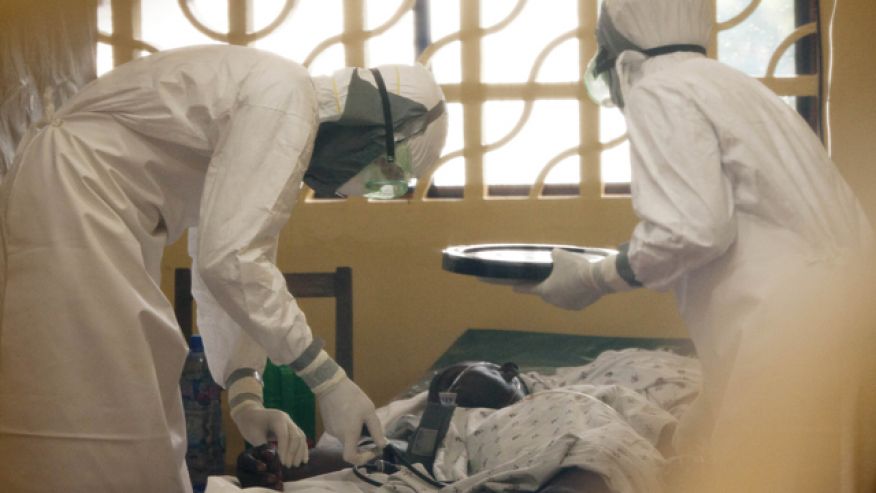Breaking News
Ebola Epidemic Is “Out Of Control” Says Doctors Without Borders

Aljazeera
Doctors Without Borders says outbreak can only worsen, as Nigeria tries to trace 30,000 people linked to first victim.
Global medical charity Doctors Without Borders has given warning that the Ebola crisis in West Africa is “unprecedented, absolutely out of control”, as states across the world took steps to prevent its spread.
Bart Janssens, the charity’s director of operations, warned there was no overarching vision of how to tackle the outbreak, in an interview with Belgium’s La Libre Belgique newspaper.
“This epidemic … can only get worse, because it is still spreading, above all in Liberia and Sierra Leone, in some very important hotspots,” Janssens said.
“We are extremely worried by the turn of events, particularly in these two countries where there is a lack of visibility on the epidemic. If the situation does not improve fairly quickly, there is a real risk of new countries being affected.
“That is certainly not ruled out, but it is difficult to predict, because we have never known such an epidemic.”
More than 650 people have died of Ebola in the outbreak, the largest on record since the disease was detected in the 1970s.
Meanwhile, the International Civil Aviation Organisation has met global health officials to discuss measures to stopping the disease crossing borders. The pan-African airline ASKY suspended all flights to and from the capitals of Liberia and Sierra Leone.
The EU allocated an extra $2.7m to fight the outbreak, bringing total funding to $5.2m.
“The level of contamination on the ground is extremely worrying and we need to scale up our action before many more lives are lost,” said the EU’s humanitarian aid commissioner, Kristalina Georgieva.
The bloc has deployed experts on the ground to help victims and try to limit contagion.
Nigerian health authorities meanwhile announced they were trying to trace more than 30,000 people who could be at risk of contracting Ebola after Patrick Sawyer, a Liberian, died from the disease in Lagos on Friday.
Sunday Omilabu, a professor at Lagos University Teaching Hospital, said: “We’ve been making contacts. As I’m talking, our teams are in the facility, where they’ve trained the staff, and then they (are) now asking questions about those that were closely in contact with the patient.
“We’re actually looking at contacting over 30,000 people in this very scenario. Because any and everybody that has contacted this person is going to be treated as a suspect,” said Yewande Adeshina, a public health adviser.
Nigeria’s government has implemented a state of “red alert” at all border crossings and initiated a media campaign to alert the public.






